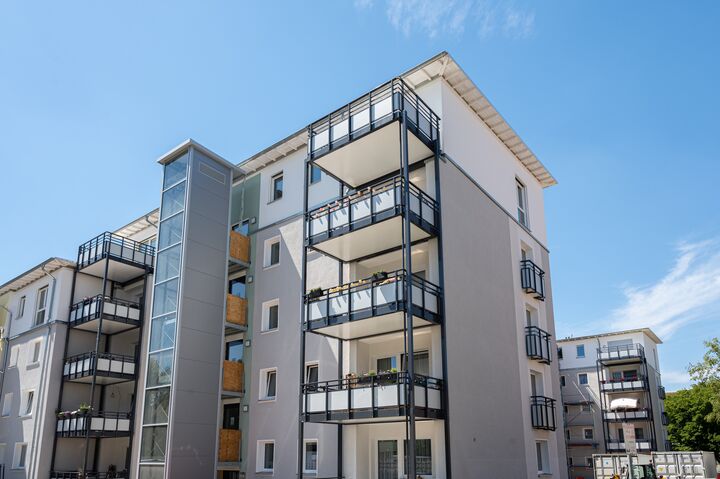Are you a tenant or are you looking for an apartment? Make use of our app’s advantages.
Current dates
- April 30, 2024 Interim results for the 3M 2024
- May 08, 2024 Annual General Meeting
- August 02, 2024 Interim results 6M 2024
- November 06, 2024 Interim results for the 9M 2024

Loading...
Information about current topics
Here you will find current topics we are dealing with.






















